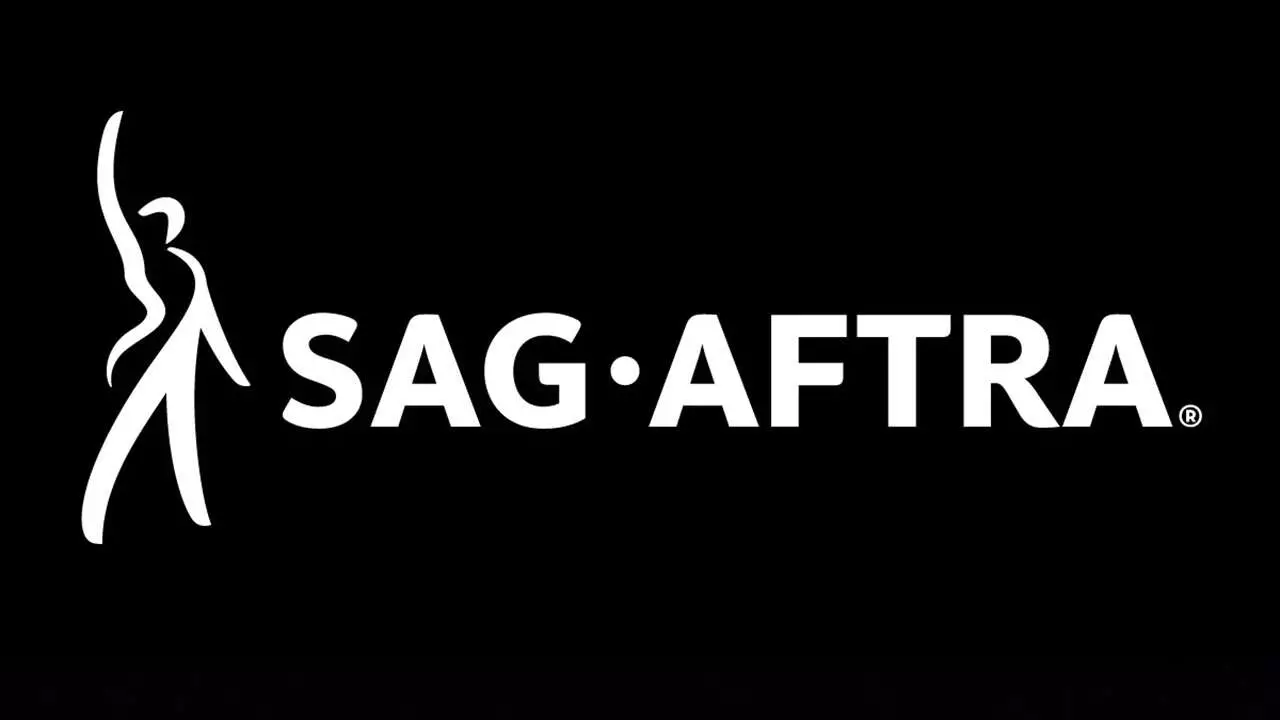Three months past the onset of a strike, SAG-AFTRA, the major performer’s union, is preparing to return to the negotiating table with a number of high-profile video game companies under the Interactive Media Agreement. With activations from industry giants such as Disney, Activision, Electronic Arts, and Warner Bros. Games, this renewed push for dialogue signifies not only the resilience of the union but also the importance of addressing contemporary issues related to technology and performer rights.
The impending negotiations, scheduled for October 23, follow a summer of intense discussions that culminated in a strike initially initiated due to unsatisfactory terms concerning the use of artificial intelligence in replicating actor voices. The gravity of the situation is underscored by the union’s decision to stage a picket line at the Warner Bros. lot on October 16, showcasing solidarity and determination among its members.
At the heart of the negotiations lies a contentious issue: the replication of performers’ voices and movements through artificial intelligence. SAG-AFTRA’s initial strike arose from a prolonged struggle, where nearly all issues were resolved except for the vital matter of ensuring protections against AI exploitation. As technology progresses, the landscape of voice acting is evolving, raising fundamental concerns about consent and compensation for performers whose likenesses and audio can be digitally mimicked and reused without their explicit permission.
The challenges are not limited to ensuring fair practices but also extend into safeguarding the uniqueness of human creativity. With AI moving rapidly into various facets of the entertainment industry, there is a pressing need for standards that recognize the contributions of human performers. The general counsel for SAG-AFTRA, Jeff Bennett, has vocalized the union’s call for companies to respect ethical dimensions similar to those upheld in other creative sectors.
Amidst the union’s ongoing struggles, a spotlight has been shone on the Formosa Group. Recently, allegations surfaced asserting that this voiceover production company tried to sidestep union guidelines by engaging in non-union work through a shell company for a developing video game. In light of these accusations, SAG-AFTRA filed a complaint with the National Labor Relations Board, tightens the tension around the labor dynamics involved in video game production.
The expansion of the strike to include games like “League of Legends,” developed by Riot Games, reflects the stakes involved for voice actors across the industry. Riot’s rebuttal to SAG-AFTRA’s claims highlights an important dimension of their commitment to union standards. The distinction made by Riot—that their practices for “League of Legends” have been union-compliant—suggests a complex landscape of labor relations where nuances matter significantly.
The broader implications of this struggle transcend just the video game industry. As other forms of entertainment, including film and television, grapple with similar issues of AI usage, the resolutions achieved in these negotiations may set crucial precedents. Ensuring robust contracts that delineate rights related to AI is essential not just for voice actors but for all creative professionals whose livelihoods rely on the protection of their work.
SAG-AFTRA’s resolve in seeking fairness represents a wider movement advocating for artists’ rights in an era where technology redefines the boundaries of creativity. Performers are not merely cogs in a machine; they are artists deserving of respect, acknowledging that their work—like that of all creative contributors—holds inherent value.
As the October 23 negotiations approach, the outcome remains uncertain but vital. SAG-AFTRA’s stance on securing protections against AI replication indicates a determination to reshape the conversations surrounding performer rights within the rapidly evolving entertainment landscape. The guild’s call to action encourages the industry to align with contemporary moral expectations that respect and recognize the contributions of human artists.
This moment calls for introspection and action—not just from the companies involved but from all stakeholders in the entertainment industry, aiming to create a sustainable future where technological advancement does not eclipse the essential human elements of creativity. While negotiations may be fraught with challenges, the potential impact is profound, offering a glimpse of a more equitable framework for all performance artists in the digital age.

